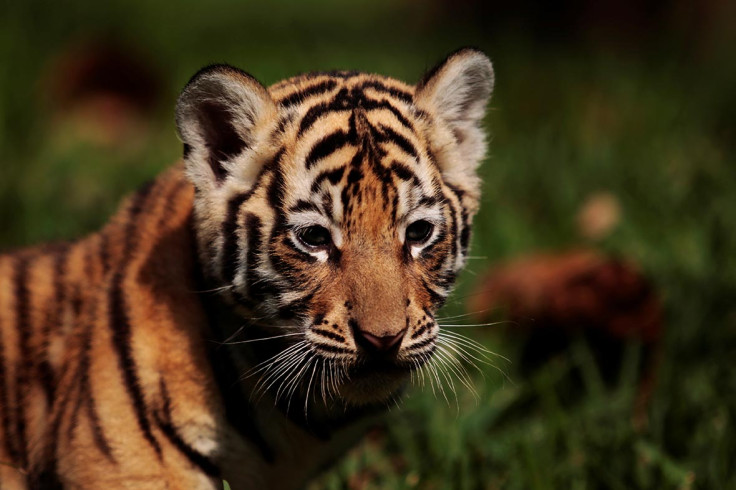Hordes of endangered species found in Myanmar forest gives conservationists hope
The forests include abundant populations of many species including tigers, leopards, elephants, bears.
Conservationists are overjoyed by the discovery of forests in Myanmar that house healthy populations of many of the world's most endangered species. The area has been christened the Karen Wildlife Conservation Initiative (KWCI).
The lands of Karen have been largely off-limits to researchers due to years of military rule and conflict in Myanmar, formerly Burma.
With the new President Thein Sein beginning to open up the country and instigate reforms, foreign scientists have for the last few years been able to record the wildlife in the region for the first time. Their observations have been astounding.
"I think it's probably one of the most significant [conservation] areas certainly in Asia, if not in the world," Clare Campbell, executive director of KWCI told ABC. She said Karen's animal population "includes things like tigers, leopards, elephants, bears — all of these species of huge global significance."
Campbell and her team of Perth-based researchers, who have established KWCI, are buoyed by plentiful sightings of endangered big cats with their cubs.
"With leopards it's particularly significant because we know there's a breeding population — there's a solid population of healthy leopards in here and a full prey base to support them," she said.
Campbell is even more fixated on the tiger population within Karen. Tiger populations in neighbouring Thailand are highly precarious. Reports of Thai tigers being slaughtered and frozen at a temple in Kanchanaburi Province emerged last year.
She said: "The Thai population of tigers in the western forest complex was probably the last significant population of tigers in this whole region ... but these two populations are moving between the two regions."
The cessation of hostilities in the region has not only made the forests more accessible to researchers: poachers are now also much freer to move in and out of the species' habitat.
"Sadly the reality is there is hunting starting to increase in some of these areas for the illegal wildlife trade ... which is just further reason why we need to increase the direct protection on the ground," Campbell said.
Conservationists across the globe are agreed that everything must be done to protect Karen – it is one of the few unspoiled wildlife habitats left on Earth.

© Copyright IBTimes 2025. All rights reserved.





















